Sixty three years after independence and 25 years of uninterrupted democracy, Nigeria has a litany of developmental challenges caused by leadership failure. Many equally attribute it to poor configuration of the governance architect and attitude of political leaders. This has over the years generated controversies between different parts of the country as they scheme and scramble for opportunities and systems that bring more dividends of governance to their regions/geo-political zones, states, local council areas and even at ward levels. Apparently, perturbed by these contestations and the quest to strengthen governance structures in ways that would lead to political and economic stability, a draft bill proposing a return to regional system government emerged recently.
Though the House of Representatives had denied that it didn’t emanate from them after the document went viral, we were later made to know that it was drafted by Akin Fapohunda, a retired director with the federal civil service. This means it is a Private Bill as Fapohunda is neither a lawmaker in the Senate nor the House of Representatives. According to reports, President Tinubu will receive the bill this week and perhaps, present it to the National Assembly as an Executive Bill. The draft document titled, “A Bill for an Act to Substitute the Annexure to Decree 24 of 1999 with a new governance model for the Federal Republic of Nigeria,” seeks to introduce laws that will be cited as “The Constitution of the Federal Republic of Nigeria New Governance Model for Nigeria Act 2024.” Justifying the rationale behind the bill, its introduction argued that Nigeria has been governed “under Decree 24 of 1999 that was handed down by the then military government without the express consent of the people despite the preamble of ‘We, the people.’
Join our WhatsApp Channel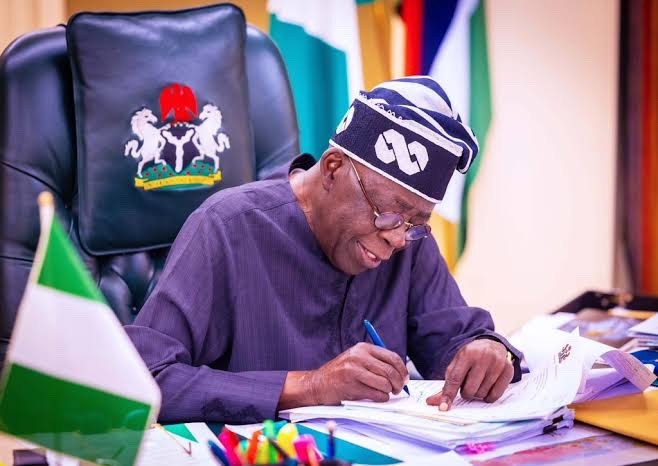
It points out that Nigeria’s current constitution is not derived from the people’s consensus, adding that there is a call for a constitution based on federal/regional system of government.
“Whereas the federal and regional governments are to operate within the provisions of this Constitution, it is within the discretion of the ethnic blocs within the states that constitutes a given region to aggregate or disaggregate as provinces, divisions and districts, while being in control of their affairs without let or hindrance at whatever level of governance.”
Drafter of the bill, Dr Fapohunda, said the propositions in the bill would help solve some of Nigeria’s problems if passed.
“I proposed this bill because the country is facing a severe crisis. My goal is to find a way to reorganise the system in a highly effective and efficient way,” Fapohunda, who appeared on Channels Television’s Sunrise Daily, said.
He added that the bill proposed two-tier government (federal and regional government) instead of the existing three-tier structure (federal, state, and local government system).
The proposal has generated reactions from different quarters in the country. While some hailed the bill for proposing a restructuring that would see a return to regional system of government, others called for caution, saying that anything that has to do with constitutional amendment, must derive its legitimacy from the acceptance of the Nigerian people who should be adequately consulted.
Reacting to the proposal recently, a former lawmaker and human rights activist, Senator Shehu Sani, said the lawmakers should not hurriedly pass the bill when formally presented to them and impose a regional government on the people like they did on the National Anthem without conducting public hearing across states to obtain their input.
“The Senate and House of Reps should not use the National Anthem Speed track, without consultation and without public hearings to impose a regional Government on Nigerians. A constitutional matter must involve the state Houses of Assemblies,” Sani stated via his X handle.
Also, the Nigerian Indigenous Nationalities Alliance for Self-determination (NINAS), kicked against the bill saying that the powers of the National Assembly is limited to law-making and does not extend to Constitution-Making. According to the group, which has been campaigning for an entirely new constitution to be created not just mere amendments of sections, “Constitution-making requires Constituent Powers which the National Assembly does not have and which vests exclusively with the Constituent Peoples of Nigeria as an incident of their sovereignty.”
NINAS argued that it cannot be done by lawmakers simply considering the bill and passing it without adequately consulting with the people that make parts of the country.
Many observers believe that regional government will resolve Nigeria’s development problems.
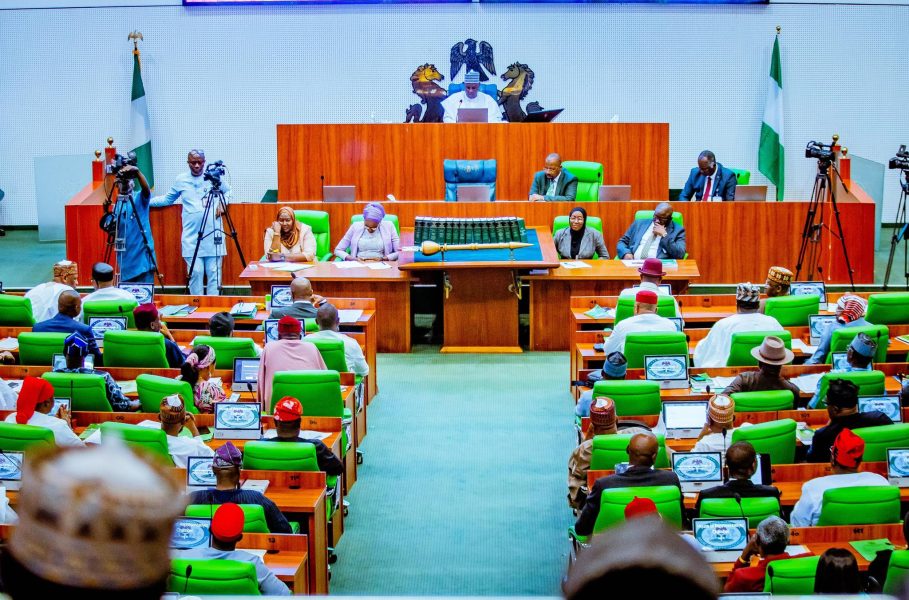
Nigeria had practiced regional government system between 1954 and 1967. During this time, the country was divided into three regions: Northern Region, Western Region, and Eastern Region. Mid-West was later created, making it four. Each had its own government and a significant level of autonomy on certain affairs like education, healthcare, and infrastructure. The regions had their own premiers and legislatures, which allowed for more localised governance. However, the regional system was dissolved into 12 states in 1967 by General Yakubu Gowon, one year after military took over.
Analysts had said this was done purportedly to check General Chukwuemeka Odumegwu Ojukwu’s secession bid to create the Republic of Biafra out of the defunct Eastern Region. Though a federal structure, it functions like a unitary government. From 12 states, it was increased to 19 in 1976, 21 states in 1987 and 30 states in 1991. Finally it was increased to 36 with additional six states created in 1996 during General Sani Abacha’s military regime.
A look at the history of states creation, shows that they were all done under military regime with simple promulgation of a decree and it becomes effective. However, in a civilian government, democratic principles require that it passes through certain procedure. Section 8 (1) of Nigeria’s 1999 Constitution (as amended) shows that it is a cumbersome one that follows a rigorous process. The subsection detailed all that need to be done before the proposal for the creation of a new state can be passed as an Act of Parliament.
First is that it must be supported by at least two-third majority of members representing the area in the National Assembly, state assembly, local council area. Secondly, it will be approved in a referendum by at least two third majority of people from the area and the referendum must be approved by a simple majority of all the states of the federation and simple majority of members of each state house of assembly. Then the proposal is finally approved by a resolution passed by two third majority members of each house of the National Assembly.
State Creation Controversies
Since the return to civilian government in 1999, there have been many requests for state creation by different groups and lawmakers from different parts of the country. Agitation for state creation has in fact been a controversial subject in Nigerian politics for more five decades. In 2021, the Senate received several bills proposing creation of states and there was a list of about 20 states proposed from different parts of the country but couldn’t succeed because of the constitutional requirements.
Stakeholders in Southeast have been consistently agitating for creation of additional states in the region. Their argument is that in terms of distribution of the 36 states across the six geo-political zones, South-East has only five states. Apart from North-West which has seven states, each of other zones has six. The apex Igbo socio-cultural organisation, Ohanaeze Ndigbo Worldwide, has been at the forefront in this regard, calling for restructuring of the country and creation of more states in the region. Ohanaeze President-General, Chief Emmanuel Iwuanyanwu, had during the group’s retreat in Enugu in March this year, lamented that the South East has lost billions of naira as a result of the disparity in state and local government creation, which was done by military fiat.
The 2014 National Conference recommended the creation of additional 18 states – three for each zone, in addition to one extra state for the South-East, to close the gap with other zones in the country.
READ ALSO: Nigeria Presidency: Lawmakers Push For 6-year Single Tenure, Rotation Among Zones
Recently, the quest for creation of new states was resuscitated. In February, a House of Representatives member, Mr. Oluwole Oke, representing Obokun/Oriade Federal Constituency of Osun State, presented a bill seeking the creation of three more states from the South-west region. The bill sponsored by Hon. Oke, chairman of the House Committee on Judiciary, proposed the creation of Oke-Ogun, Ijebu and Ife-Ijesa states to make South-west have nine states if the bill scales through. Also, another House of Representatives member representing Ideato North South, Imo State, Ikenga Ugochinyere, sponsored a bill for the creation of a new state in the South-East region to be known as Orlu State. The bill which has passed first reading proposes that the new state be created from parts of Anambra, Abia and Imo States.
READ ALSO: Democracy Day: Nigeria In A Classical State Capture – Obi
Also, the lawmaker representing Delta North in the Senate, Senator Ned Nwoko, followed suit with the presentation of a bill for the creation of Anioma State to Balance Representation in the South-East.
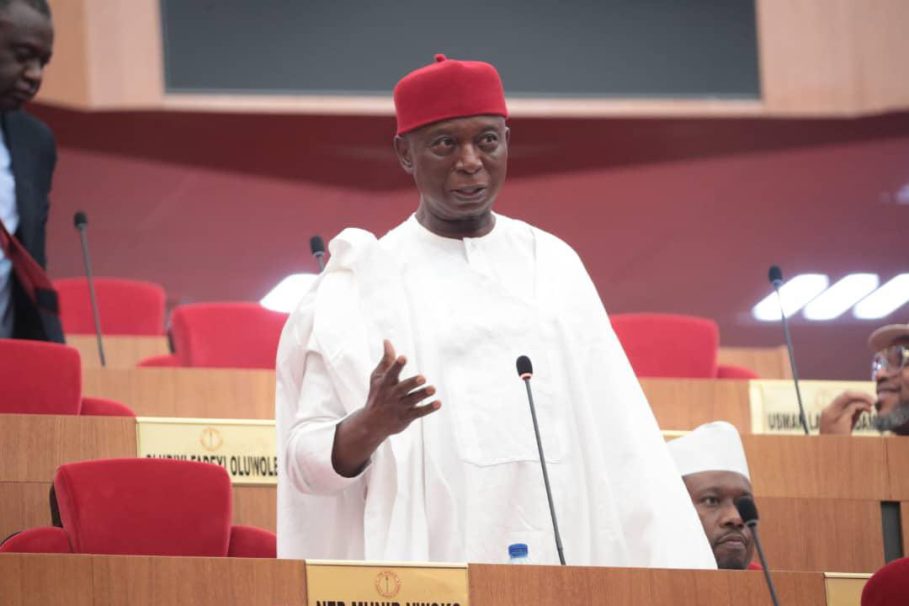
In a statement released after presenting the bill before the Senate, Nwoko said: “There is a Need for the Creation of Anioma State to Balance Representation in the South East.” He said the new state will be composed of nine local government areas.
Beyond Politics of State Creation
While regional government is being proposed, some lawmakers are also sponsoring bills for the creation of additional states in their areas with the argument that it would help to ensure equitable distribution of national resources and development projects across the country. However, beyond the politics of the creation of more states there are concerns about the viability of the existing ones. An analysis of the budget performance of the 36 states done by Sahara Reporters recently shows that only 15 states could pay salaries in the first quarter of 2024 without depending on allocation from the federal government. This means that their total personnel cost was more than their Internally Generally Revenue (IGR).
READ ALSO: PBA Editorial: Nigerian States Must Stop Borrowing To Pay Salaries
Some of the states with robust IGR are Lagos, Akwa Ibom, Anambra, Bayelsa, Cross River, Delta, Ekiti, Edo, and Kwara. According to the analysis, Kano State made N9.5 billion but incurred a personnel cost of N20.4 billion in the first quarter which would have been a deficit of N10.9 billion if there was no federal allocation.
Those who support restructuring the country into regional system argue that when it is created with a level of autonomy, would enable the respective areas develop at their own pace.
Commenting on the move by the current administration to restructure, a development economist and MD/CEO of Tarus Capital Nigeria, Dr Nnaemeka Obiaraeri, said if properly implemented in terms of resource control, powers to manage certain critical affairs, like security and others that require knowledge of local needs, it would help improve the economy.
Dr Obiaraeri recalled that during the first republic, when regional system was in place, most regions had the opportunity to explore their resources to produce things both for domestic consumption and exports and also engaged in development projects in their respective areas.
The investment banking executive and policy analyst observed that before the discovery of oil the regions depended mainly on agriculture and the economy was booming with the value of the currency better than it is today. According to him the tallest building built in Ibadan when the old Western region existed was from cocoa proceeds. He posited that with cocoa being a high-valued cash crop today, the region could produce $20 billion worth of the product in the next five years if they decide to take it serious rather than waiting for trickle-down allocation from the federal government.
He said that before 1969, Nigeria was ahead of China, Singapore and Indonesia, among other Asian nations in terms of economic indicators like GDP. “We have everything it takes to be among the top seven seven economies in the world” but all it needs to get there is the right leadership, which he insisted can only come if Nigeria is restructured.
According to PwC, Nigeria was the world’s largest palm oil producer in the 1960s with global market share of 43 per cent, but roday, it is the 5th largest producer with less than 2 per cent of total global market production of 74.08 million MT.
Obiaraeri insisted that if the 1960s regional structure is restored granting powers to control resources, many states would become more creative in exploring more sources of revenue, adding that a place like Niger Delta would protect their oil and gas resources because it is now under their care and their survival is squarely on it.
Also making a case for regional government, an X user Julius wrote “Regional government offers a solution; allowing each region to self-govern and develop its unique resources. Currently, the country’s reliance on oil from the South has created a dependency, making governors complacent due to the monthly sharing of oil revenue. However, Zamfara has gold deposits, and northerners can focus on harnessing this resource, just as southerners can focus on their oil. This approach will promote regional autonomy, resource diversification, and reduced reliance on a single resource.”
Victor Ezeja is a passionate journalist with seven years of experience writing on economy, politics and energy. He holds a Master's degree in Mass Communication.

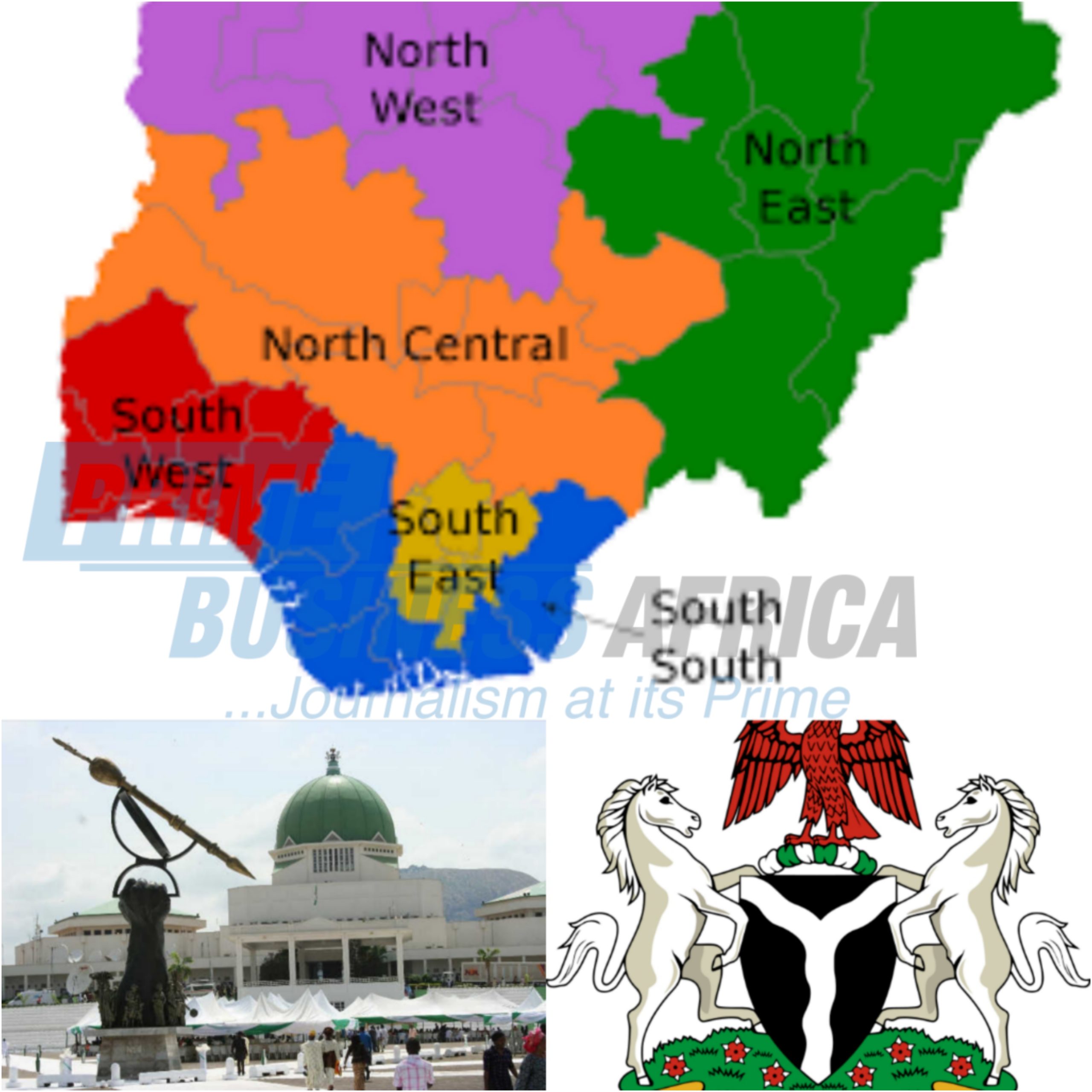














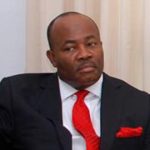

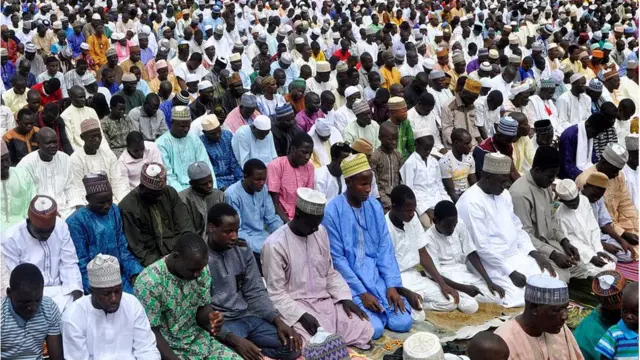
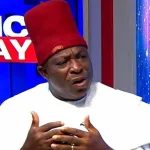
Follow Us